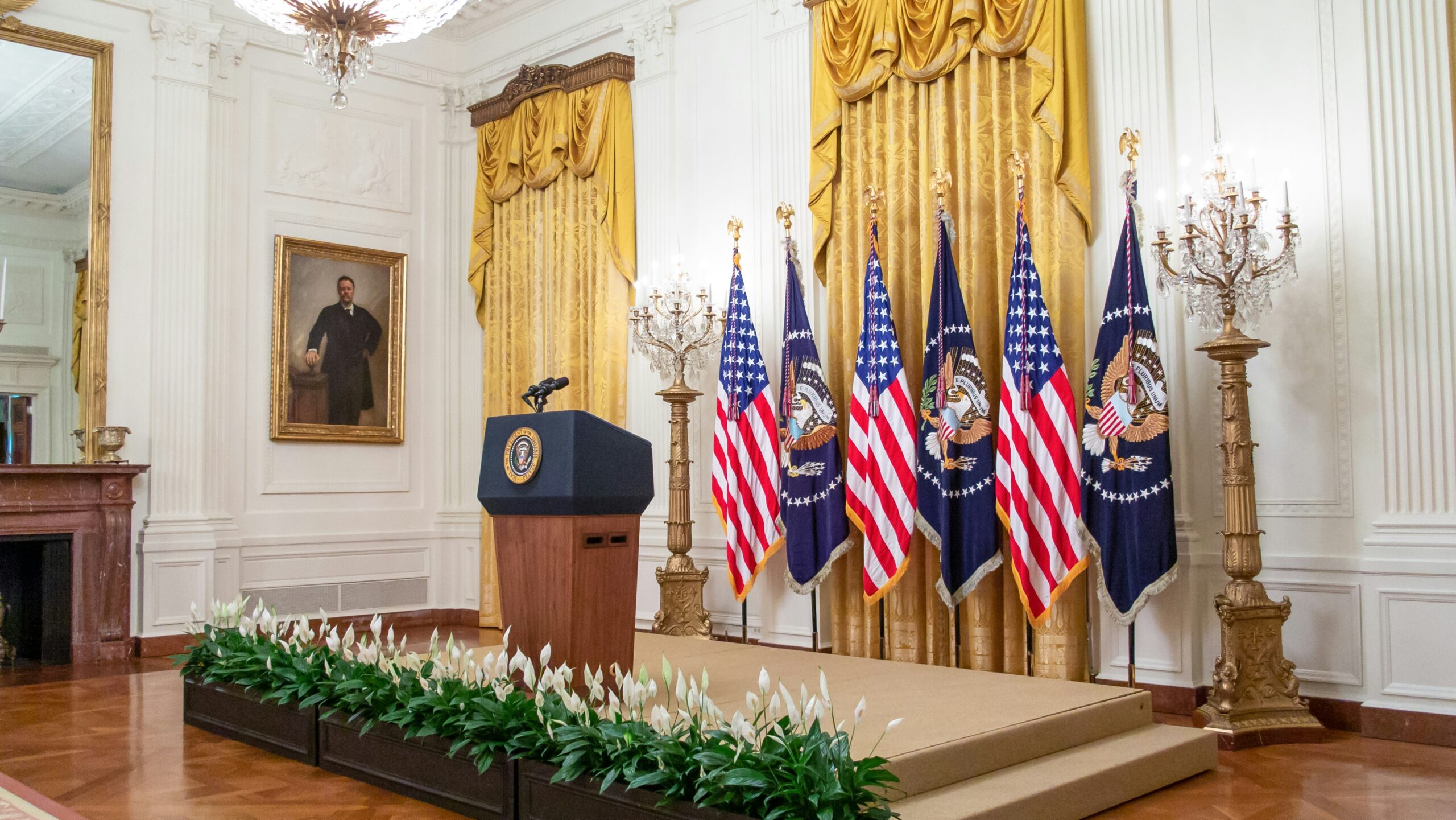Image credit: Unsplash
In politics, it is not uncommon for candidates to find and exploit loopholes within the system, and David McCormick is no different. He is a wealthy man from Connecticut who makes money by investing. In 2022, he ran for the Pennsylvania Republican Senate and used much of his money for his campaign.
Now, McCormick is thinking about running again in 2024. But this time, people who know much about law and rules are watching him closely. They believe he uses a sneaky rule called “testing the waters.” This mechanism allows potential candidates to gather resources and make strategic moves for their campaign without formally recording these actions.
McCormick, who used to be the boss of a massive company that manages money (called Bridgewater Associates), has been operating a Pennsylvania-based PAC named “Pennsylvania Rising,” a state-level PAC dedicated to fortifying the GOP’s base within the state. However, a closer examination by The Daily Beast reveals a potentially more self-serving agenda. Since its inception in March, Pennsylvania Rising’s financial disclosures and associated activities suggest a dual intent, with McCormick’s senatorial ambitions seemingly at the forefront.
This is not McCormick’s first time in the political spotlight. He is married to someone who used to work for President Trump, Dina Powell, and he used to be the big boss at Bridgewater Associates, the largest hedge fund globally. He knows his way around a campaign. In 2022, he lost to another rich man, Dr. Mehmet Oz, in a tight race. But it looks like McCormick’s dusting himself off and getting ready for round two in 2024, where he might challenge the long-seated Democrat, Senator Bob Casey.

Here’s where things get extra juicy with Pennsylvania Rising’s money matters. Even when no big elections were happening, Pennsylvania Rising got roughly $1.2 million. That includes an eye-popping $1 million from Jeff Yass, who happens to be the wealthiest man in Pennsylvania and a big-money supporter of the GOP. But the odd thing is that most of that cash did not end up with the local Republican candidates, which was supposed to be the whole point. Instead, the money is directed toward associates from McCormick’s campaign circle.
According to Dan Weiner, a former Federal Election Commission attorney and current director of elections and government at the Brennan Center for Justice, “McCormick appears to be flagrantly bending the rules.”
There is a rule called “testing the waters” that’s supposed to help people thinking about running for office but are not sure yet. They can start getting ready for a possible campaign without having to say they are running officially. However, more and more people are using this rule to avoid being clear about what they are doing, which is not what it was originally meant for. They are staying out of the spotlight and do not share their plans on purpose.
Even with these sneaky methods, no one was shocked when McCormick recently said he was officially running. People had seen signs that he was going to do this. His group, Pennsylvania Rising, had already spent over $700,000 before he announced he was in the race on October 1, which made everything more mysterious.
What’s more, most of that money, about $400,000, went to people close to McCormick. For instance, Elizabeth Gregory, who speaks for his campaign, apparently got around $55,000. But when the Daily Beast contacted her for a statement, she did respond.
It is hard to miss that what the PAC says it is doing and what it is actually spending money on do not match up. They say they want to help GOP candidates in the state, but how they use the money tells another story. Of the more than $400,000 given to people connected to McCormick, only a small part—about a quarter—actually went to the actual candidates and their campaigns.
Saurav Ghosh, who works at the Campaign Legal Center, pointed out, “The idea of using a state PAC whose stated purpose is to advance other GOP candidates in Pennsylvania is, just by following the money, clearly not the majority of what it is doing. The majority of its money is spent on consultants and other strategists, and that is an important question that he will need to answer,” Ghosh said.
McCormick’s declaration timing might be strategic, as any “testing the waters” financial activities would only be revealed in the upcoming January report. However, the PAC’s fundraising practices further complicate matters. While Pennsylvania state law permits limitless individual political donations, federal laws are more restrictive, making a sizable amount of the PAC’s funds unsuitable for federal campaigns.
David McCormick’s story shows his big goals and clever plans. It mixes what the law allows and what he wants politically. While everyone is waiting to see the next details about what he is doing, politics is always full of surprises and keeps us guessing.





























































































































































































































































































